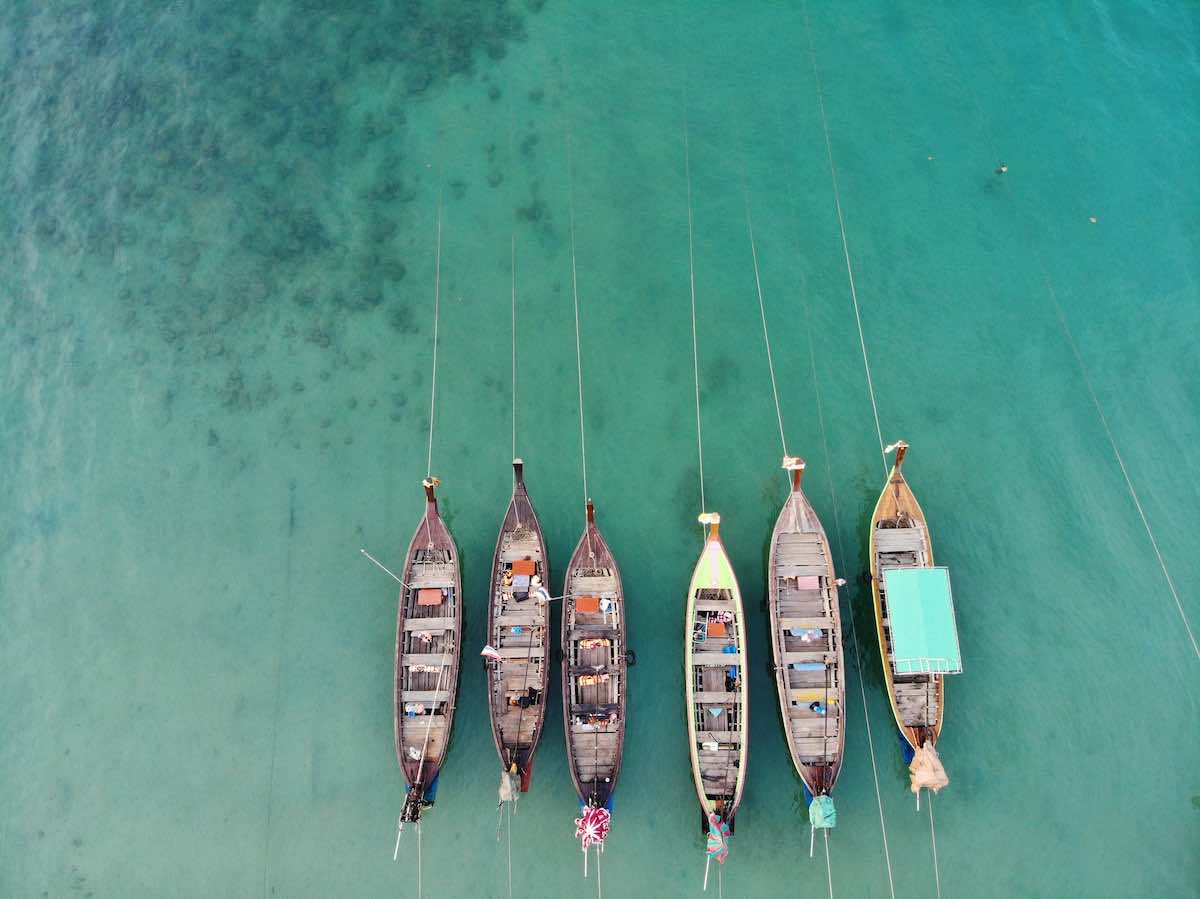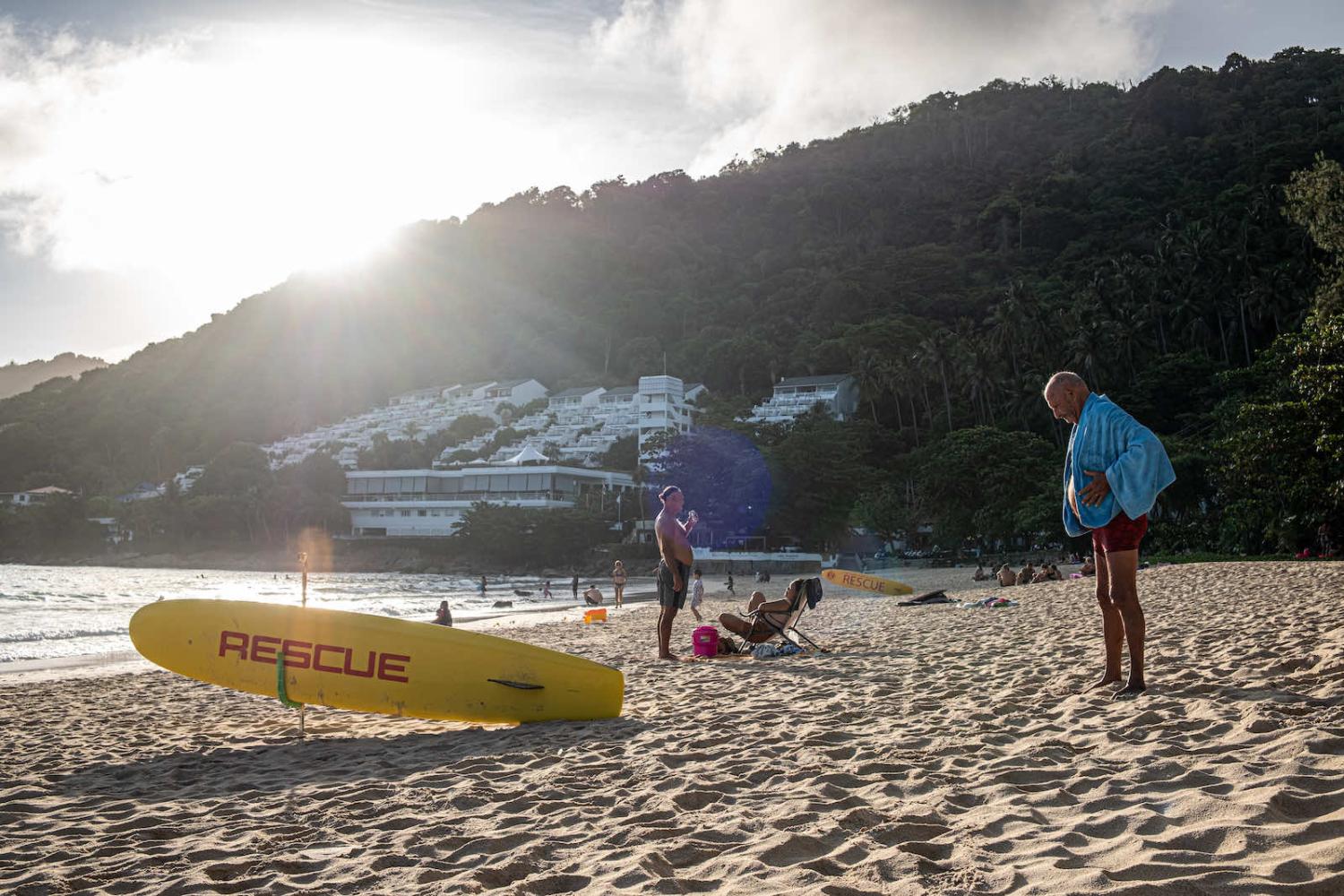Before the pandemic, Thai island Phuket offered visitors the perfect blend of sun, beach and seedy-but-fun nightlife as one of the region’s best-known tourist destinations. Now, it offers visitors something much more novel: a quarantine free holiday.
As of the start of July, fully vaccinated visitors from select countries can fly directly into Phuket and go straight from the tarmac to the beach. Spend a full 14 days there and visitors (or savvy Thai nationals) are welcome to continue their trip around Thailand, effectively spending their quarantine term in a resort under a program that is being called the “Phuket sandbox”.
The program isn’t without controversy. Fears over the safety of Phuket communities, as well as cynical assumptions that few would take up the confusing and expensive offer, blighted the program in its first weeks. Still, if it goes well, expect to see other holiday favourites such as Koh Samui, Koh Phangan and Koh Tao accessible shortly afterward.
Thailand was the first country outside of China to record a case of Covid-19 which saw tourism grind to a halt in the first couple of months of 2020.
Thailand was the first country outside of China to record a case of Covid-19 which, paired with mass cancellations of trips from Chinese visitors, saw tourism grind to a halt in the first couple of months of 2020. The sharp, sudden decline in visitor numbers and then eventual rolling lockdowns smashed the country, where tourism accounts for around 12 per cent of GDP.
The delicate balance between economic imperative and public health has been revealing of governments around the world. In Thailand, that balance has looked desperate as the government moved to open something – anything, anywhere – to tourism.
Phuket is a natural choice. With a long-time reputation as one of Thailand’s best resort islands, Phuket has the infrastructure, particularly an international airport, to support the program. And as one of the most visitor-dependent provinces in a country already vulnerable to the whims of tourism, it is among the most desperate.
For the half a million residents of Phuket the “sandbox” is a double-edged sword. The tourism industry has been all but destroyed by a year of no visitors, but public health is also paramount. The government in Bangkok promised the plan would not go ahead until the community reached 70 per cent vaccination by the 1 July launch, which did in the end fall short – but only slightly. The province has been plagued by the same issues as the mainland in terms of securing vaccine stock and navigating complicated online systems. Still, the vaccination program will continue alongside the opening of the sandbox.

Full vaccination can’t come soon enough. At least six tourists have tested positive for Covid-19 after arriving on the island under the sandbox program. One of the first to be identified was a visitor from United Arab Emirates who had taken the test as part of requirements upon arrival. Drivers and hotel staff who had come into contact with the man were placed into self-isolation. Health officials confirmed the tourist was vaccinated fully with the Sinopharm vaccine.
“Worry more about domestic arrivals,” provincial chief doctor Kusak Kukiattikoon told local media. His blunt words refer to the growing disaster on the mainland, with new daily record deaths as the Delta variant surges through the country. Fresh restrictions are expected imminently including restrictions on interprovincial travel – essentially ending the quasi-quarantine of Phuket before heading elsewhere.
Ironically, the launch of the Phuket sandbox may have become a spreader event for the political elite in Bangkok who attended. Prime Minister Prayuth Chan-o-cha, who proudly attended the launch on the island, went into self-isolation after an attendee tested positive. Spokespeople for the prime minister’s office reassure that he has so far tested negative and will continue his work as usual.
He may well use that time spruiking the sandbox idea to other leaders in the region. As planned travel bubbles, such as that between Singapore and Australia, collapse under the weight of new cases and unsteady vaccine programs, the sandbox could become an option for other tourist-friendly countries in Southeast Asia.
“The sandbox is much more than just for Phuket or Thailand. It sets a possible way forward for other Asian countries,” tourism magnate Ho Kwon Ping told Bloomberg. He pointed to other possible locales such as China’s Hainan province, islands in Vietnam or even Indonesia’s Bali. That may be overly ambitious for the time being, but it shows an industry pivoting towards creative ideas which acknowledge the pandemic is a long way from being over.
By the end of the year Phuket expects to have played host to 100,000 visitors. A long cry from the 10 million in years past but a respectable start for a devastated community fighting its way back.

